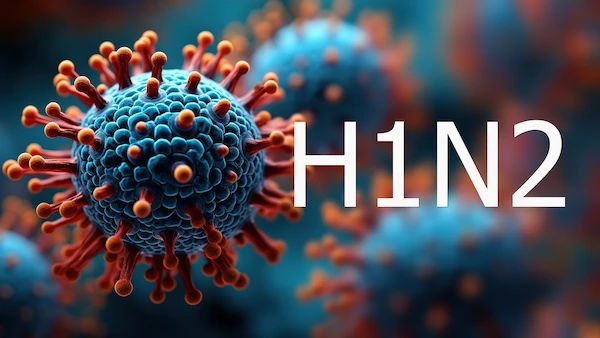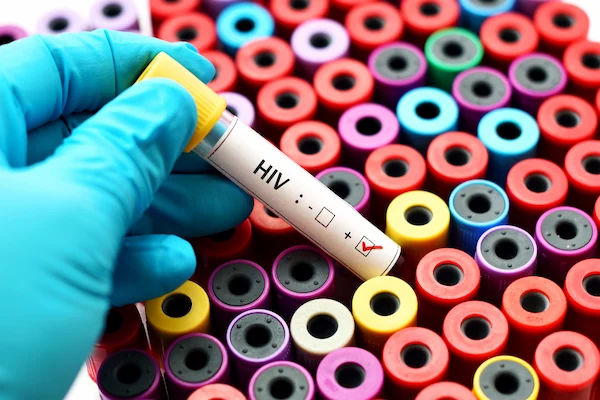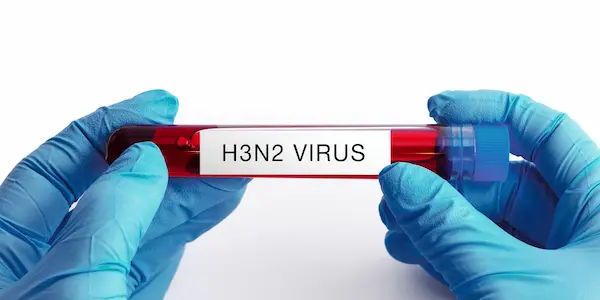- Male
- 27 Years
- 20/02/2025
I've been having a fever for the past 78 days, and my temperature's been hanging around 98.6 to 99 degrees Celsius. I was on antibiotics after seeing a doctor, but with my recent blood test, it says S. typhi H is positive at 180. Even with the medication from the doctor, my fever is still at 99 degrees. Can you please tell me what's going on or what I should do next?
Answered by 1 Apollo Doctors
it will reduce take medicine
Dr. Shubham Suggests...
Consult a Infectious Disease specialist
Answered 04/07/2025
0
0

More Infectious Disease Health Queries
View allI'm in Bangalore and I need to get idrv. I managed to get some when I was at home, but I still need more doses. I'm worried because it seems like many private hospitals here might not have it. Do you know where I might be able to find it?
Visit nearest government hospital,there you will definitely get it.
Answered by 1 Apollo Doctors
I've been dealing with minor fevers recently, especially in the evenings, and I'm worried because I had typhoid almost two years ago. I decided to get some tests done, and the results showed my Typhi IgM is weak positive and typhi H is reactive up to a titre of 140. I'm not sure what this means. Does this indicate I still have typhoid, or is this a normal finding after having had it before?
no it is a minor infection
Answered by 1 Apollo Doctors
I'm really worried because my father-in-law just tested positive for COVID-19. His report says "RESULTS Positive" but there's also something called "Bio Ref Interval" that shows as "Negative." Can you help me understand what that means? Is this related to a stage of COVID-19, or does it indicate something else?
The "Bio Ref Interval" being negative typically indicates that the test result falls outside the reference range for a negative result, confirming the presence of the virus. As for COVID-19, it doesn't have specific "stages," but the severity can vary from mild to severe, and it is categorized based on symptoms and clinical findings, such as mild, moderate, severe, and critical. It's important to monitor his symptoms and follow healthcare advice for appropriate management.
Answered by 1 Apollo Doctors
Disclaimer: Answers on Apollo 247 are not intended to replace your doctor advice. Always seek help of a professional doctor in case of an medical emergency or ailment.





